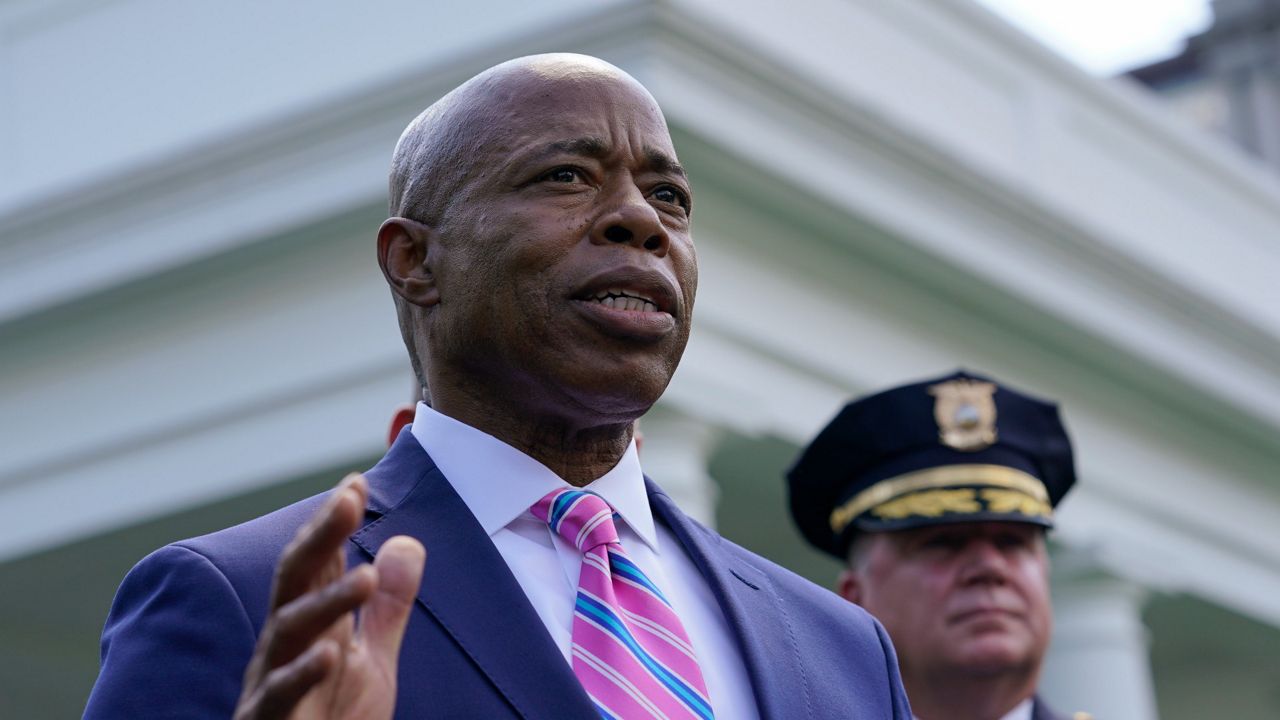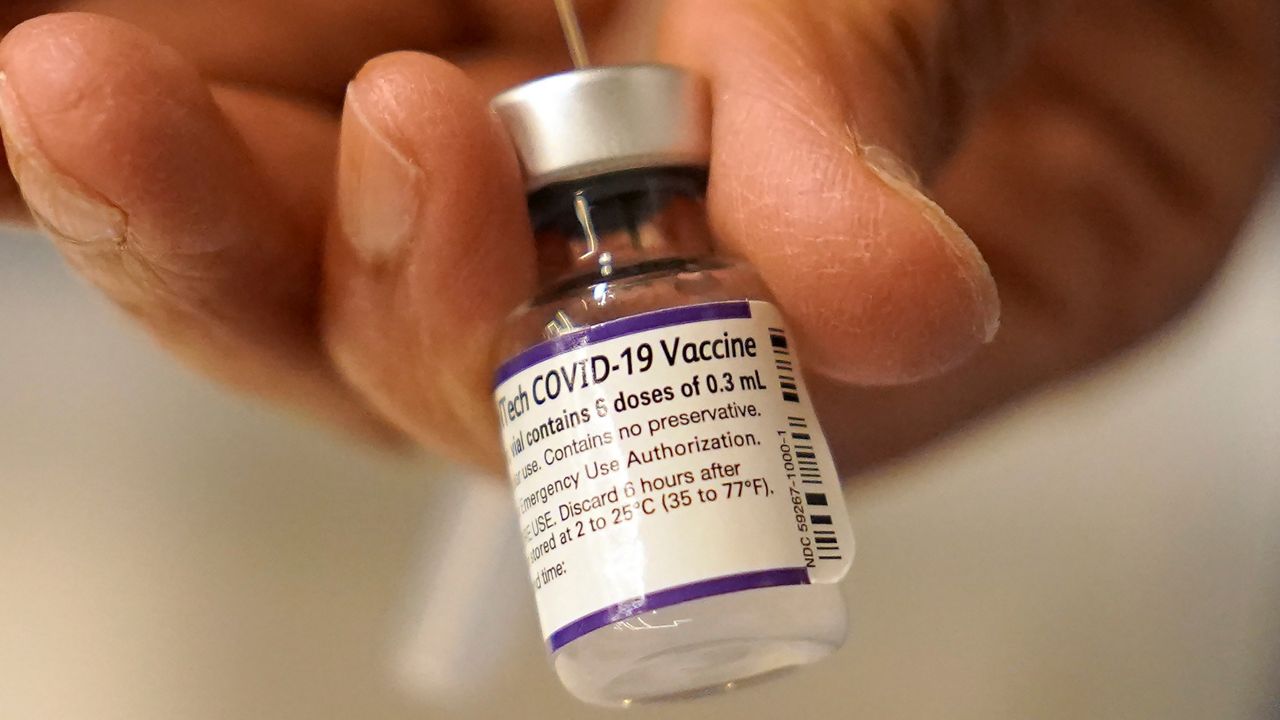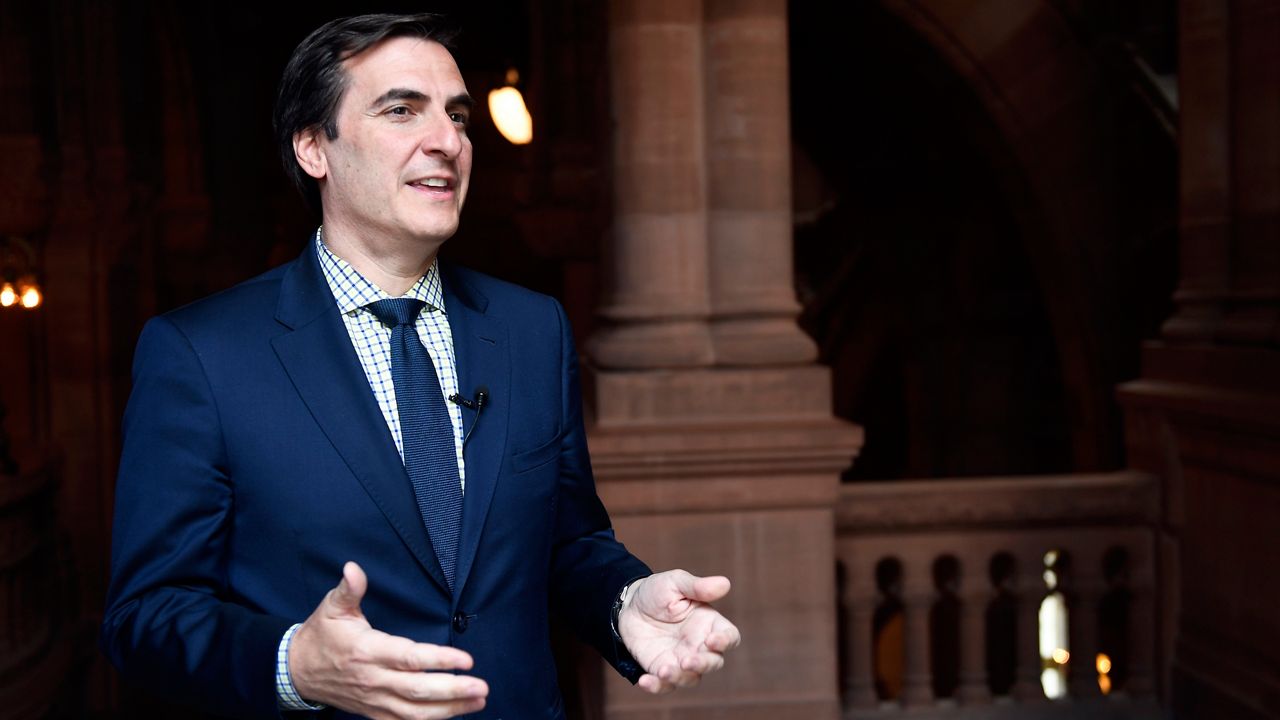On the eve of President Joe Biden’s first address to a joint session of Congress, Sen. Kirsten Gillibrand said she expects the president to lay out a bold infrastructure plan that will include major investments in New York, and that she “wouldn’t be surprised” if Democrats, whose plan is already facing opposition from Republicans, use the reconciliation process to pass the bill.
Gillibrand said there is a need to invest in “soft infrastructure,” including affordable day care, universal pre-k, and national paid sick leave, as part of the bill, emphasizing that the COVID-19 pandemic revealed the “disastrous” effects of not funding those areas of society.
“I think the most important aspect is the soft infrastructure, meaning, what is it necessary for people to go to work? What’s the infrastructure that holds up our economy?” Gillibrand said.
“Just like you can’t get to work without a subway, you can’t get to work without child care,” she added.
Gillibrand said the political battle lines over the infrastructure bill will most likely be drawn over how we define infrastructure in the 21st century.
“It seems like Republicans would like a very narrow, traditional infrastructure bill: basic roads, bridges, sewers. But people define infrastructure far more broadly today,” Gillibrand told political anchor Errol Louis on Inside City Hall. “One hundred years ago, you wouldn’t have said that rural broadband was necessary, but it’s certainly necessary now. And really, closing the digital divide is absolutely essential.”
Biden’s bid for a major infrastructure bill isn’t the first time a Democratic president has pushed for massive investments in rebuilding America. Republicans stonewalled President Barack Obama’s prior attempt at an infrastructure bill about a decade ago. Gillibrand said Democrats have learned their lesson on looking for bipartisan support, and will pass the bill on partisan terms if need be.
“I think President Obama learned a lesson that he was waiting for Republican support that really never would come, and he should have gone with his initial vision of go bold, go big, and make sure the economy recovers,” Gillibrand said.
“I wouldn’t be surprised if Democrats used reconciliation, which is the 51-vote threshold, to vote on a measure that is a wide definition of infrastructure over 10 years that can get this economy moving,” she added.









